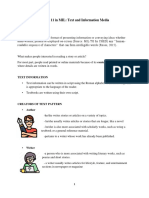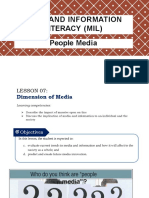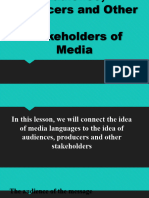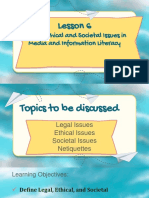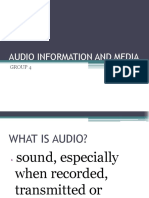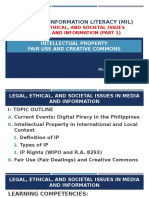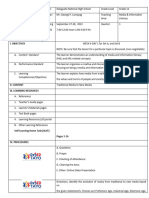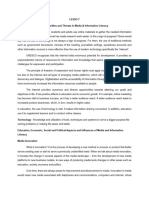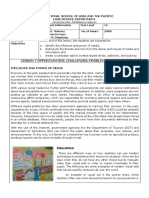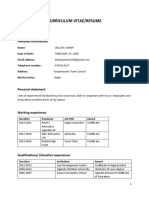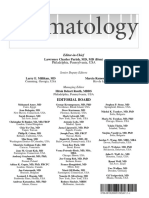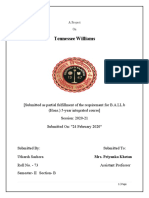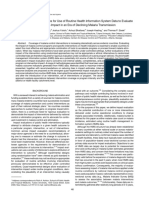80% found this document useful (5 votes)
9K views20 pagesThe Power of Media and Information
The document discusses the power of media and information across several domains:
1) Media allows people to share content that can reach millions, but also comes with challenges of ensuring information is accurate and valid.
2) In education, media has changed how students access and learn information, allowing online classrooms but also risk of overdependence.
3) Economies benefit from media-reliant industries like BPO, though the Philippines still lags in internet speed compared to neighbors.
Uploaded by
John Kenneth BeaCopyright
© © All Rights Reserved
We take content rights seriously. If you suspect this is your content, claim it here.
Available Formats
Download as PDF, TXT or read online on Scribd
80% found this document useful (5 votes)
9K views20 pagesThe Power of Media and Information
The document discusses the power of media and information across several domains:
1) Media allows people to share content that can reach millions, but also comes with challenges of ensuring information is accurate and valid.
2) In education, media has changed how students access and learn information, allowing online classrooms but also risk of overdependence.
3) Economies benefit from media-reliant industries like BPO, though the Philippines still lags in internet speed compared to neighbors.
Uploaded by
John Kenneth BeaCopyright
© © All Rights Reserved
We take content rights seriously. If you suspect this is your content, claim it here.
Available Formats
Download as PDF, TXT or read online on Scribd
/ 20









